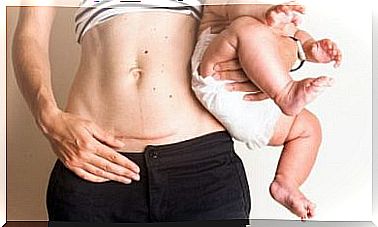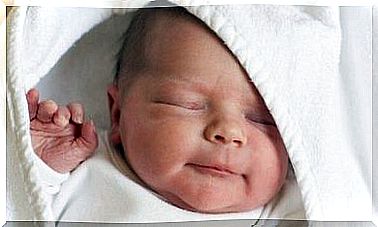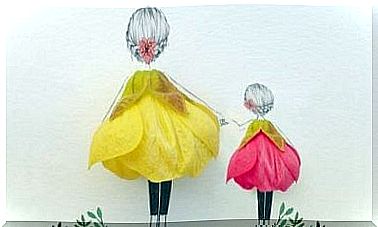Motherhood In Different Cultures Around The World

Motherhood in different cultures: social construction
Motherhood is certainly a biological occurrence that only affects women. Nowadays , however, anthropologists study motherhood as a cultural construction that is a general and universal biological occurrence. Therefore, we will look at motherhood in the different cultures.
Doctor of Anthropology Ángeles Sánchez claims that motherhood is not just about reproducing with your body. Every culture actually has a sociocultural construction. Therefore , it is a psychosocial event.
It is easy to see that motherhood is a biological and cultural event by looking at how motherhood looks in the different cultures around the world.
Women’s support in Kenya and Tanzania
In the tribes of southern Kenya and northern Tanzania , there is a lot of female social support. This happens, for example, in tribal groups in Maasai and Swahili. These women gather around new mothers during the first days of motherhood.
From the moment of birth, new mothers are surrounded by women. Next, the men disappear during the first few weeks of motherhood. In the Swahili tribe, couples sleep in separate rooms for 40 days after giving birth.
On the other hand, all the women in the village are present at the births of the Maasai tribe. The men are waiting in the mother’s mother’s house. Over the next two months , the rest of the Maasai women will help the new mothers carry out their tasks and duties .
Traditions and customs in China and Japan
In China, the strong ties to traditions mean that they still practice zuò yuè zi today . During the first month after birth, the mother and baby should stay in the hospital or at home to protect the health of the newborn.
Another tradition focuses on maternal hygiene, which must wait until after the postnatal period of bathing. According to food during pregnancy, women should avoid foods that they consider to be hot, such as eggs, and eat cold foods such as fruits.
In Japan, in a way, men play a foreign role during pregnancy. They do not actually attend medical appointments or pregnancy classes. Even in some Japanese hospitals, men are not allowed to be present during childbirth.
After the first month, the Japanese people celebrate a very important tradition: Miyamairi. It involves taking the baby to the Shinto temple for the first time and performing a ceremony to celebrate the baby’s birth. They pray for the baby to grow strong and healthy.
The late motherhood in the West
Women in today’s Western Europe are very different from them just a few decades ago. Motherhood in particular has changed.
Now that motherhood is not linked to marriage, women who want to become mothers are first trying to be professionally and financially stable. This inevitably leads to women having children at a later age.
In this context, it is common for families to have very few children. That’s because, families’ goals have changed. They do not want to have many children, but instead give them a quality life.
Motherhood in different cultures: In which country is it best to be a mother?
In 2015 , the NGO for Children, Save the Children, published the 16th annual report on the State of the World Mothers. It analyzes health inequalities among the world’s largest cities. Furthermore, it assesses the well-being of mothers and children in 179 countries.
The results of this report show that Norway is the best country to be a mother in, followed by Finland and Iceland. According to the countries at the bottom, it shows that Somalia is the worst country to be a mother in.
The researchers base this report on several factors, such as maternal health, as well as the risk of mothers dying during pregnancy or childbirth. In Norway, 1 in 12,160 women die due to maternal causes, while 1 in 30 die in Somalia.
Concluding thoughts on motherhood in different cultures
Motherhood undoubtedly varies in the different cultures around the world. However, you do not have to compare cultures with each other to observe the differences. In your own context, the thought of motherhood is surely under constant change and development.
Professor Cándida Alamillos explains that society requires different family models in the current transition period. Furthermore, the way we view gender roles is changing.
Despite the fact that families have different characteristics, the diversity of motherhood undoubtedly gives us the hope we need to make all ways of living more just and equal.









